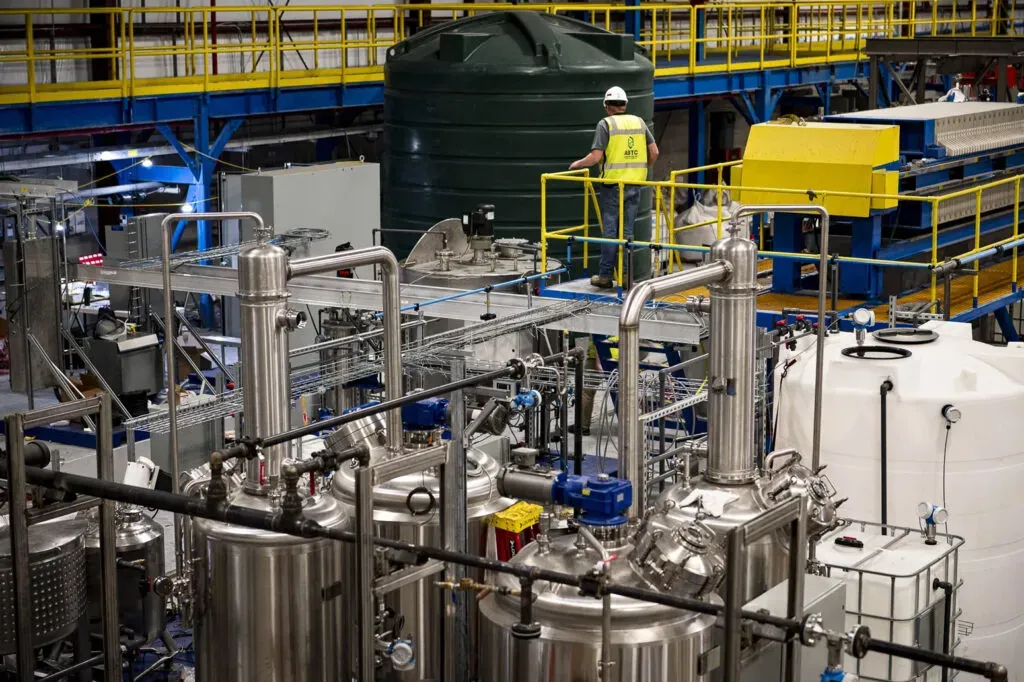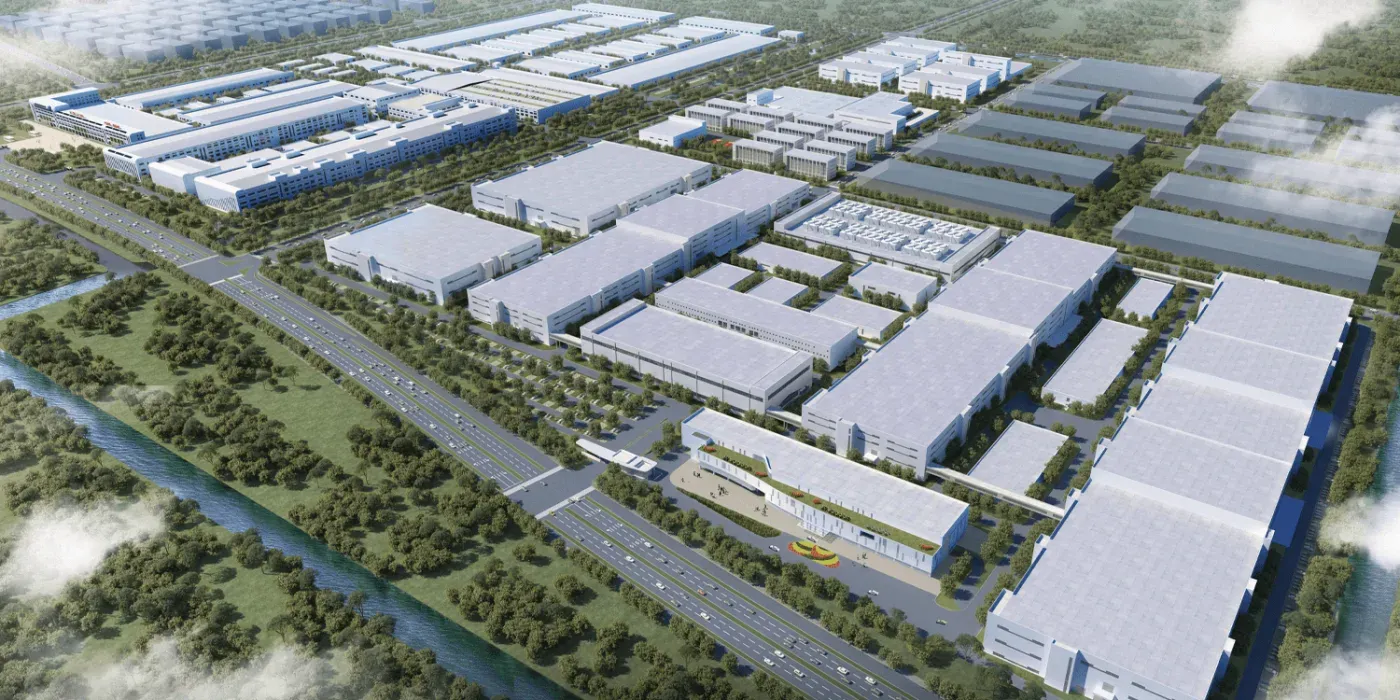 |
| Pure Lithium Corporation |
Pure Lithium has received a $300 million Letter of Interest (LOI) from the Export-Import Bank of the United States (EXIM) to support its planned industrial-scale lithium metal battery plant. If approved, the Pure Lithium EXIM loan would fall under EXIM’s “Make More in America” initiative aimed at rebuilding domestic manufacturing capacity and securing supply chains in strategic sectors like energy storage.
The proposed facility will use Pure Lithium’s proprietary “Brine to Battery” process, which directly converts brine into lithium metal anodes—eliminating graphite, cobalt, nickel, and manganese. This vertically integrated method enables a fully US-based battery supply chain, from raw material extraction to cell production. CEO Emilie Bodoin emphasized the project's potential to reshape global lithium battery sourcing models.
Disruptive Battery Chemistry Supports Strategic US Objectives
The Pure Lithium EXIM loan could accelerate commercialization of lithium metal vanadium oxide batteries, which offer higher energy density without relying on traditional cathode materials. This technology positions Pure Lithium at the forefront of post-Li-ion battery innovation, directly supporting the U.S. push for clean tech self-reliance.
Pure Lithium’s partnerships reinforce its vertically integrated vision. It sources lithium concentrate from E3 Lithium in Alberta, Canada, and collaborates with Saint-Gobain Ceramics to engineer water-blocking lithium-selective membranes—a key component in its novel extraction process.
EXIM Financing to Boost US Battery Supply Chain Resilience
EXIM’s Make More in America strategy supports projects that improve domestic industrial competitiveness in sectors facing global strategic risk. The Pure Lithium EXIM loan would directly address U.S. concerns over dependence on foreign-dominated battery material supply chains, especially China.
If finalized, the funding will catalyze Pure Lithium’s ability to scale manufacturing within U.S. borders while lowering barriers for next-generation battery adoption. This aligns with U.S. energy security goals and rising demand for alternative battery chemistries in defense, mobility, and grid storage sectors.
The Metalnomist Commentary
The Pure Lithium EXIM loan represents a critical step in reshoring advanced battery manufacturing. As supply chain risks intensify and lithium metal demand grows, projects that fuse innovation with domestic sourcing will shape the next era of U.S. battery independence.
































 We publish to analyze metals and the economy to ensure our progress and success in fierce competition.
We publish to analyze metals and the economy to ensure our progress and success in fierce competition.